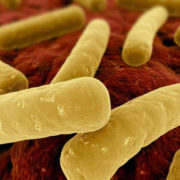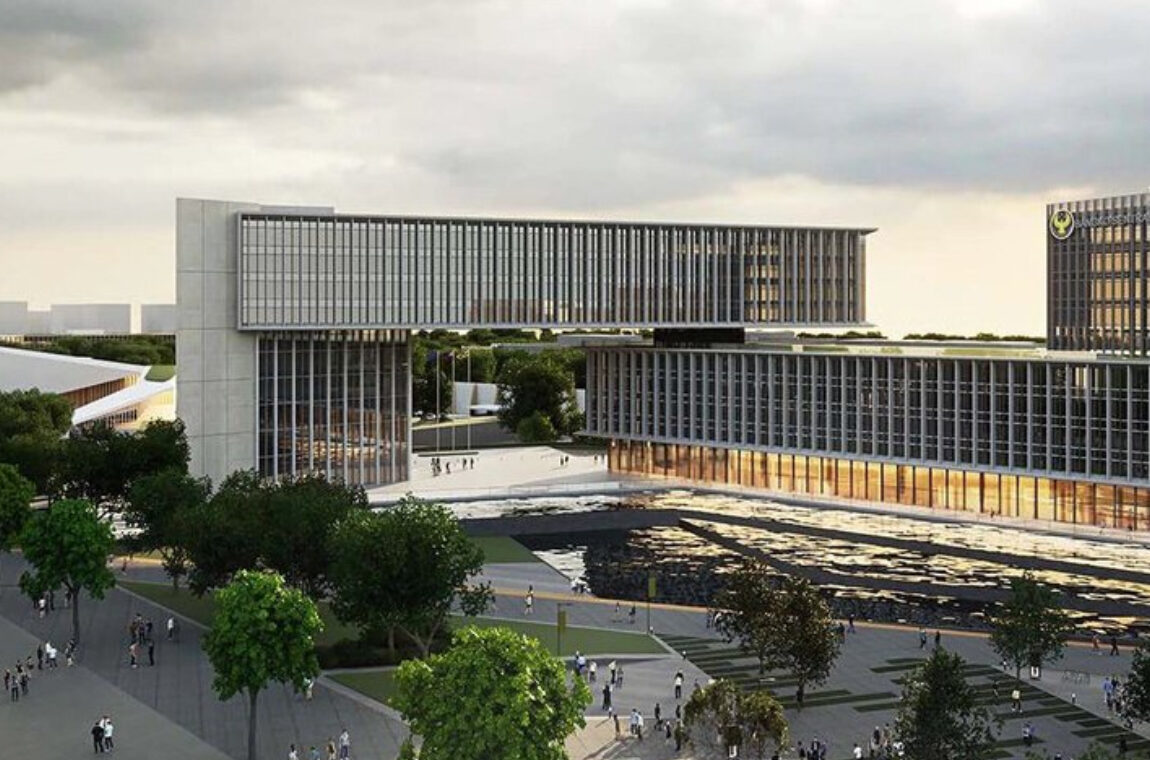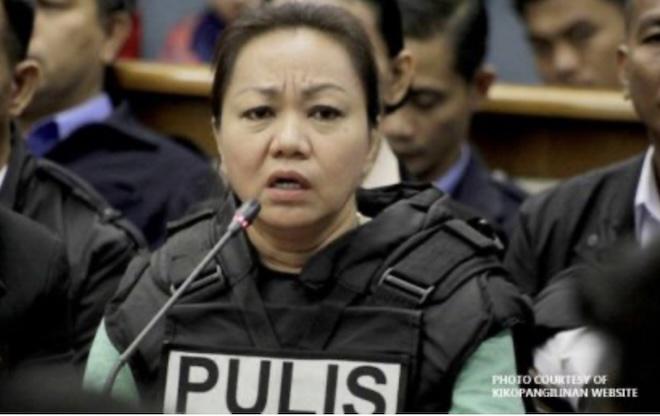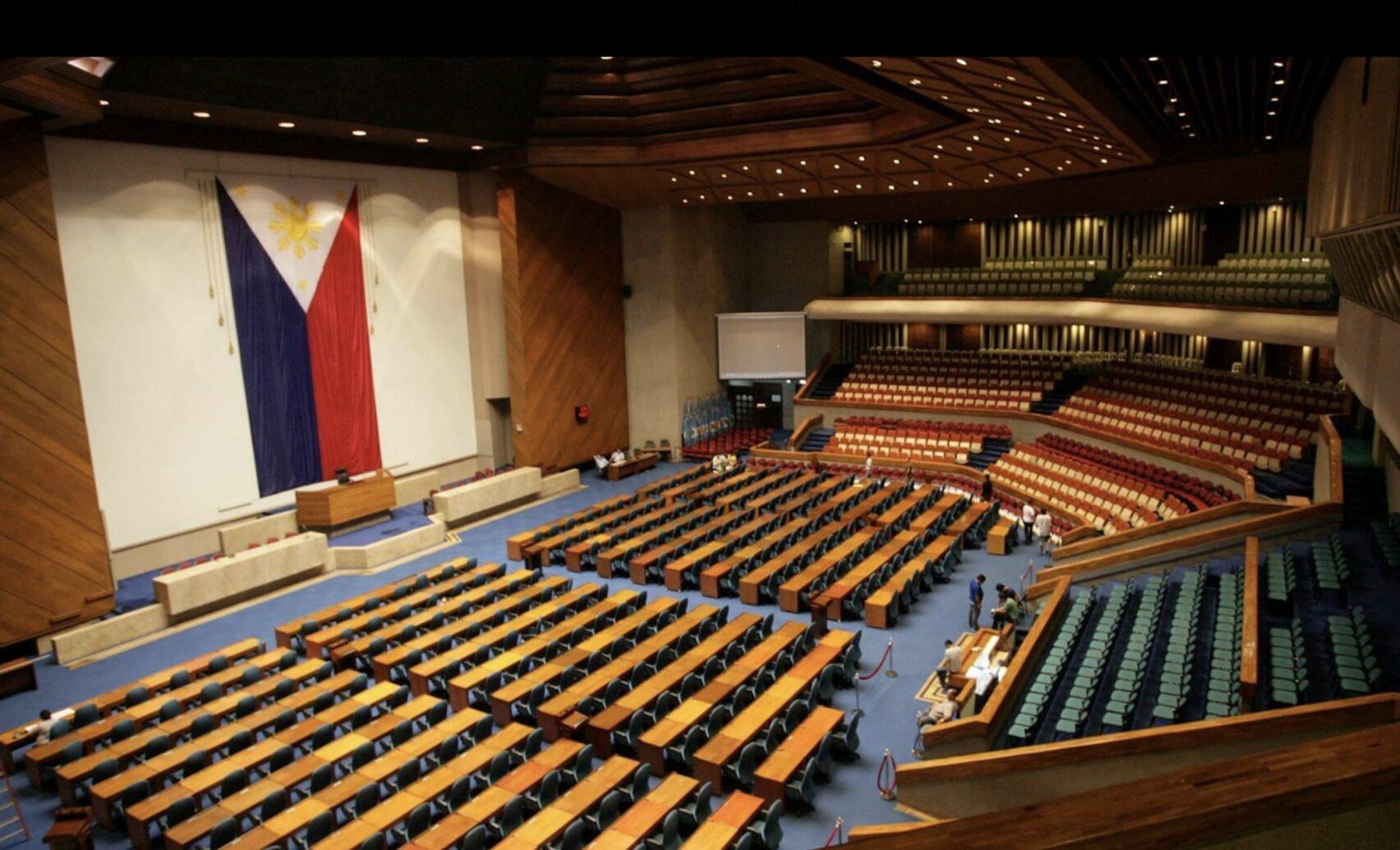THE Philippines on Tuesday, Dec. 22, approved the sale of the world’s first dengue vaccine, marking the first Asian country to do so.
In clinical tests conducted on 40,000 people from 15 countries, the vaccine, Dengvaxia, was found to immunize 66 percent of people aged 9 and older, and reduce the risk of hospitalization by 80 percent.
“It’s a major step in the prevention of dengue and for public health,” said Oliver Charmeil, president and chief executive of Sanofi Pasteur, in a statement.
Every year, up to 400 million people across the globe are infected with the mosquito-borne disease in more than 100 countries where it is endemic; two-thirds of these cases are in Asia, according to the World Health Organization (WHO). In its deadliest form, it kills 22,000 people annually, the organization says.
Dengue was previously considered a disease of the tropics and was formerly endemic in only nine countries. However, phenomenons like globalization and urbanization are facilitating its spread into more temperate zones.
There is no known cure for the disease and the WHO says more than half of the world’s population is potentially at risk. Symptoms of the disease include fever, and muscle and joint pain.
The Philippines’ Food and Drug Administration approved Dengvaxia for the prevention of dengue caused by all four types in individuals between the ages of 9 to 45 who reside in endemic areas.
Dengvaxia is manufactured by French pharmaceutical giant Sanofi. Research and development for the vaccine took 20 years and cost more than €1.5 billion ($1.6 billion), according to Agence France-Presse (AFP).
Several million doses of Dengvaxia are ready to ship, and annual production is expected to hit 100 million doses by 2017, according to Sanofi experts, AFP reported.
The drug was first approved in Mexico and is being reviewed by about 20 countries in Asia and Latin America.







